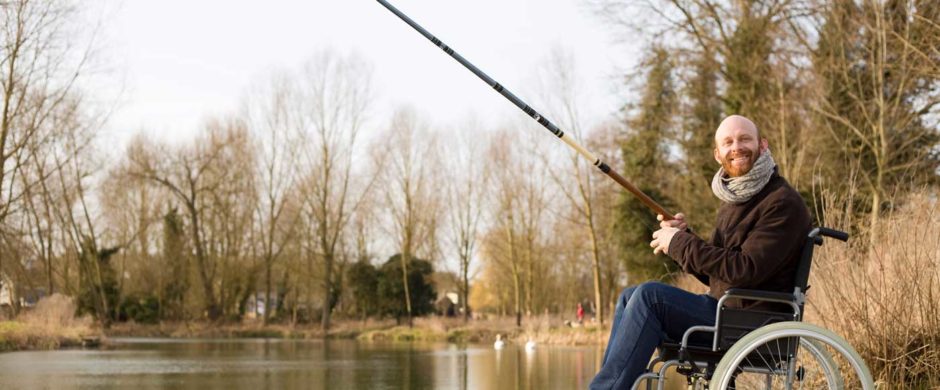The International Classification of Functioning (ICF) model can help us understand how vocational rehabilitation (VR) consumers experience disability and chronic illness in all areas of their lives, according to recent research. It can be used to better capture and measure the relationship between employment and quality of life, and serve as a guide for counselors in providing for more targeted needs.
There are a few ways for VR counselors to use the ICF framework to measure the impact of services on quality of life:
- At both the beginning and end of providing service, ask this simple question: “How would you rate the quality of your life?” This will give a sense of the impact of services on the whole person.
- Use the ICF to assess functional skills, environmental supports, and opportunities for activity and participation in society when developing the service plan. Beneficial services and areas of focus could include:
- Counseling and guidance
- Social relationships or sources of support
- Home and work environment
- Community access
- Vocational training/education
- Durable medical equipment and rehabilitation technology
- Supported employment
- Transition services
- Counseling and guidance
You can access the full research article in Project E3’s Research Database:
Targeted Communities Research Article Database.
Source: Fleming, A. R., Fairweather, J. S., & Leahy, M. J. (2013). Quality of Life As a Potential Rehabilitation Service Outcome: The Relationship Between Employment, Quality of Life, and Other Life Areas. Rehabilitation Counseling Bulletin, 57(1), 9–22. doi:10.1177/0034355213485992

